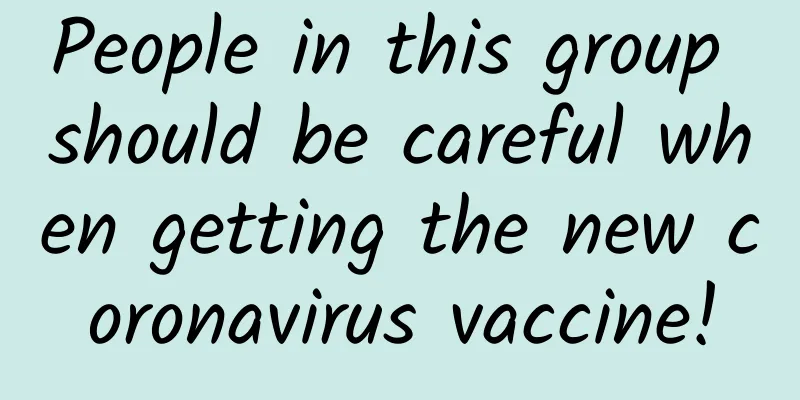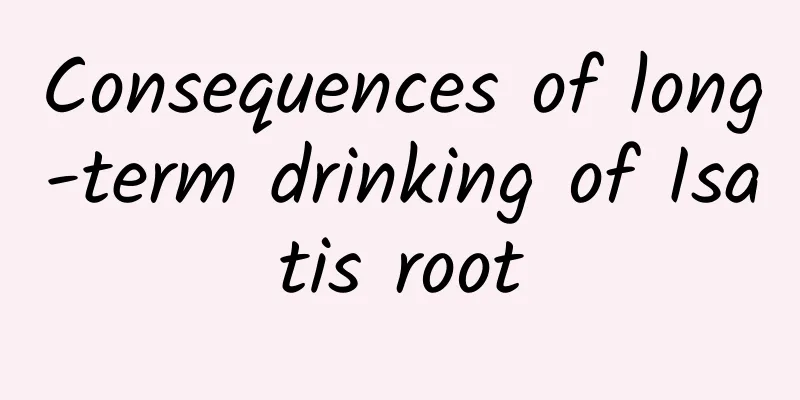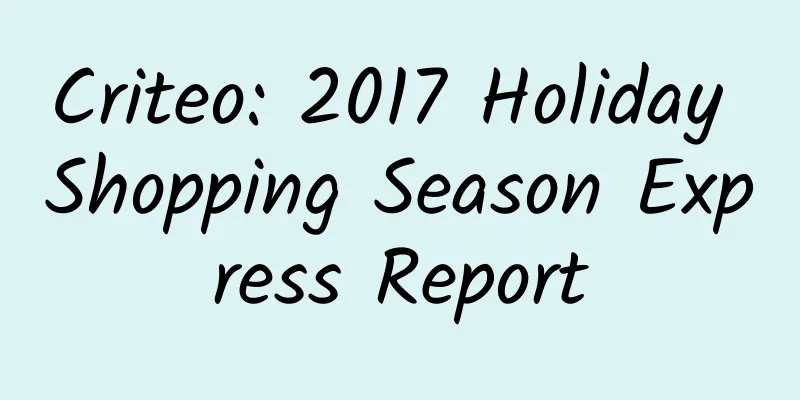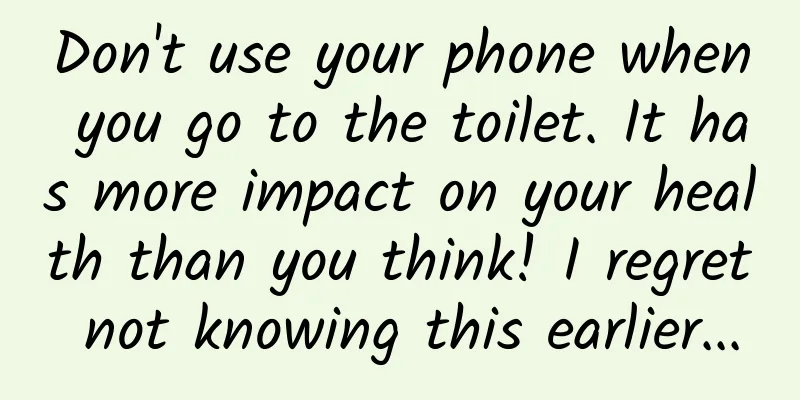People in this group should be careful when getting the new coronavirus vaccine!

|
Spring is the peak season for pollen allergies Can patients with pollen allergies get the new coronavirus vaccine? What should I pay attention to if I get vaccinated? What methods are effective in preventing pollen allergies? Let's listen to the experts' answers At the press conference of the Joint Prevention and Control Mechanism of the State Council held on April 6, Wang Huaqing, chief expert of the immunization program of the Chinese Center for Disease Control and Prevention, made it clear that spring is the peak season for pollen allergies, and a history of pollen allergies is not a contraindication to the COVID-19 vaccine. Only those who are allergic to the COVID-19 vaccine, or are allergic to the ingredients in the COVID-19 vaccine, or have had severe allergies to other vaccines in the past, are contraindicated from the COVID-19 vaccine. So Vaccination for people with pollen allergies Are there any special considerations? Wang Huaqing said that if a person who is allergic to pollen is in the acute stage of allergy, especially if the pollen allergy causes severe symptoms such as asthma, vaccination should be delayed. For those who have a history of pollen allergy and can be vaccinated, they should inform the clinician or vaccinating doctor when they are vaccinated, and they should also strictly abide by the rule of staying for observation for 30 minutes after vaccination. In most parts of my country, the spring peak from April to June and the autumn peak from August to September are the two peak seasons for pollen allergies each year. In this regard, Wang Huaqing said that when flowers bloom in spring, some people with a history of pollen allergies begin to suffer from symptoms, including itchy eyes, sneezing, coughing, and severe asthma complications. For sensitive people How to prevent pollen allergy? Experts give some practical tips If you are allergic to pollen, experts suggest that you can use some medications to relieve symptoms, but do not use them indiscriminately and avoid using topical medications containing chlorine or fluoride, especially for eye allergies. It is not recommended to buy eye drops on your own because some anti-allergic eye drops contain hormones, which may cause the risk of glaucoma. In addition, some high-protein foods, which are called "hair-inducing" foods in traditional Chinese medicine, such as fish, shrimp, seafood, beef, mutton, and peppers, are likely to stimulate a state of high sensitivity after being eaten in this season. Source: Xinhuanet Final judge: Zhang Qingshui Author: Wang Ying Editor: Lu Junyu Proofreading: Yao Runping |
>>: Do you always charge your battery to 100%? Stop it now.
Recommend
The efficacy and function of mountain cattle felt
Mountain buffalo hair felt is a traditional Chine...
A seagull that always wanted to eat some fries swallowed a cell phone one day
There’s a popular cartoon you must have seen: The...
How much is the dosage of Gynostemma pentaphyllum tea?
Gynostemma pentaphyllum is a common medicinal mat...
What are the effects and functions of sheep's foot grass
Broomrape is actually a kind of herb. It is often...
Billionaire found his son who had been missing for 25 years. The facial recognition technology behind it is amazing!
A few days ago, a topic about "Billionaire f...
It sounds scary, but it can clear away heat, detoxify, reduce swelling and relieve pain
There is a plant called Bidens pilosa. When you w...
The effect of monk fruit on soothing the throat
I believe everyone must have heard of monk fruit....
The efficacy and function of Niudali
What kind of plant is Codonopsis pilosula? What a...
How long does it take to move in after renovation? Can green plants remove formaldehyde? A few facts you may not know
April 26th is "World Free Formaldehyde Day&q...
The efficacy and function of turban grass
I don’t know if you are familiar with the turban ...
What is the ratio of Angelica sinensis to Astragalus membranaceus?
Diet is the safest and most effective way to regu...
It’s so thin that it’s transparent! Can such sun protection clothing still protect against the sun?
Reviewer: Yang Yuqiu Professor of Textile Materia...
How can a world without horses produce so many “old drivers”?
Mixed Knowledge Specially designed to cure confus...
Who is suitable to eat deer antler?
Many people have heard of the medicinal herb deer...









